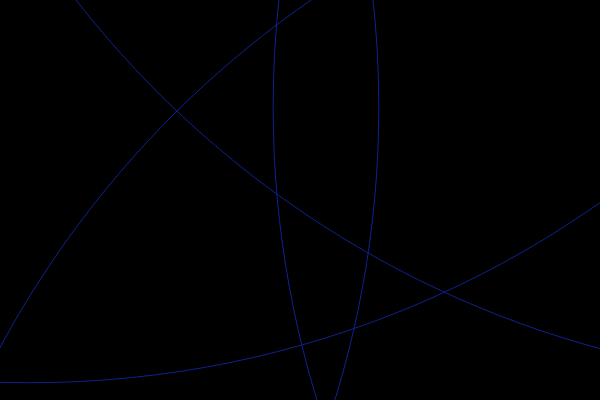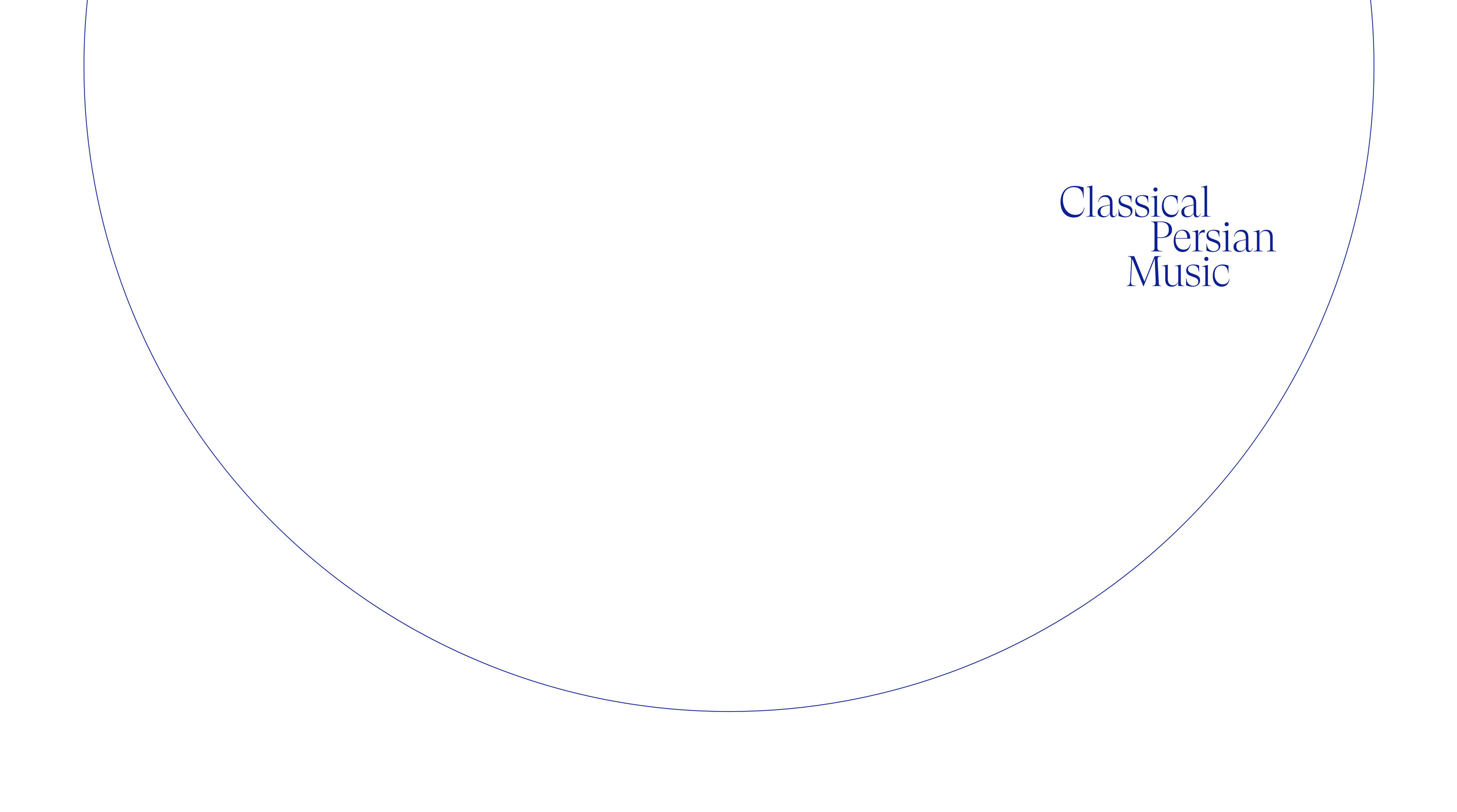

Elshan Ghasimi appears in her work as a composer, virtuoso, singer and reciter.
© Arnaud Ele
"In her playing [...] every phrase is invested with deep thought and grave authority" - Michael Church, Musics Lost and Found (2021)
Elshan Ghasimi (*1981 in Isfahan, Iran) a virtuoso of the Persian Tar and Setar (long-necked string instruments), an expert in classical Persian music, a composer, performance artist, and educator. Her work explores the intersections of tradition and modernity, East and West, music and other artistic disciplines. Language, music, physicality, and dramatic expression form as the foundation of her creative approach, which extends beyond music into the visual arts—exemplified in her project Elies Miniatures, an album, concert, and exhibition series that transforms inherited objects into musical experiences.
Ghasimi’s work is deeply rooted in the tradition and practice of Radif, the classical Persian music repertoire, which is transmitted through years of intensive study and internalization. She is the first musician in several decades—and the first female artist ever—to reinterpret this repertoire within a large-scale project.
Her musical education began at the age of nine under Majid Vasefi and Reza Vohdani, before continuing her studies at the Tehran Conservatory of Music with Fariborz Azizi. She further honed her craft under the guidance of esteemed masters Houshang Zarif and Hossein Alizadeh. At 17, she became the youngest member of the Iranian National Orchestra under the direction of Farhad Fakhreddini while continuing her studies at the Tehran University of Arts and Architecture. During this period, she expanded her expertise in Iranian philosophy, literature, poetry, Radif, improvisation, and Tar performance under the mentorship of Mohammad Reza Lotfi, Dariush Pirniakan, and Dariush Talai. Bilingual in Farsi and Azerbaijani, she further enriched her artistic perspective in Baku, where she studied the Caucasian Tar and Mugham, the classical music repertoire of Azerbaijan.
Since 2016, she has been based in Germany, where she continues to perform as a soloist, compose, and collaborate with renowned ensembles such as Concerto Köln. Her work bridges Persian musical heritage with diverse musical genres, including contemporary classical music, jazz, experimental music, and early music.
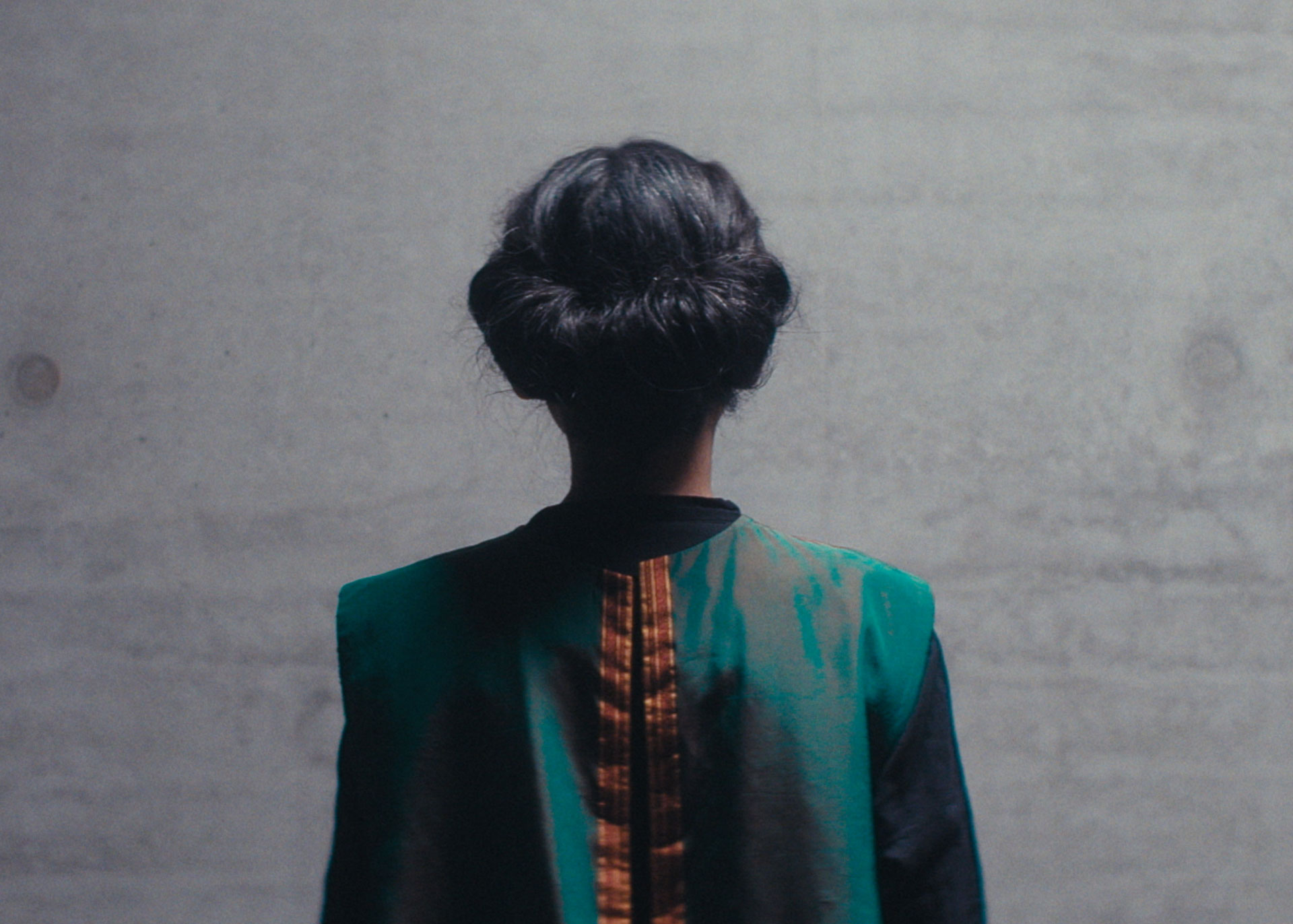
© Stark & Shakupa

The Reinterpretation of the Radīf
The Radīf (lit. "order, sequence") is the repertoire of classical Persian music. This collection of melodies, structured into twelve modular systems—the Dastgāhs and Avâz—has been orally transmitted for millennia.
The continuity and vitality of this tradition have always depended on its transmission from one generation to the next. However, since the first transcriptions into Western notation and the earliest sound recordings in the mid-20th century—a situation further exacerbated by the 1979 revolution—there has been no substantial renewal of the repertoire.
In the fall of 2022 (1401 in the Persian calendar), Iranian composer and virtuoso Elshan Ghasimi premiered the first chapter of her reinterpretation of the Radīf according to Mirza Abdollah, starting with the Dastgāh-e Shur, at the Bode Museum in Berlin. Since then, she has been sharing her reinterpretations with international audiences worldwide. She is the first female musician to undertake a systematic renewal of this classical tradition and UNESCO-listed Intangible Cultural Heritage.
Click on the image to start the video.
© Georg Stirnweiß
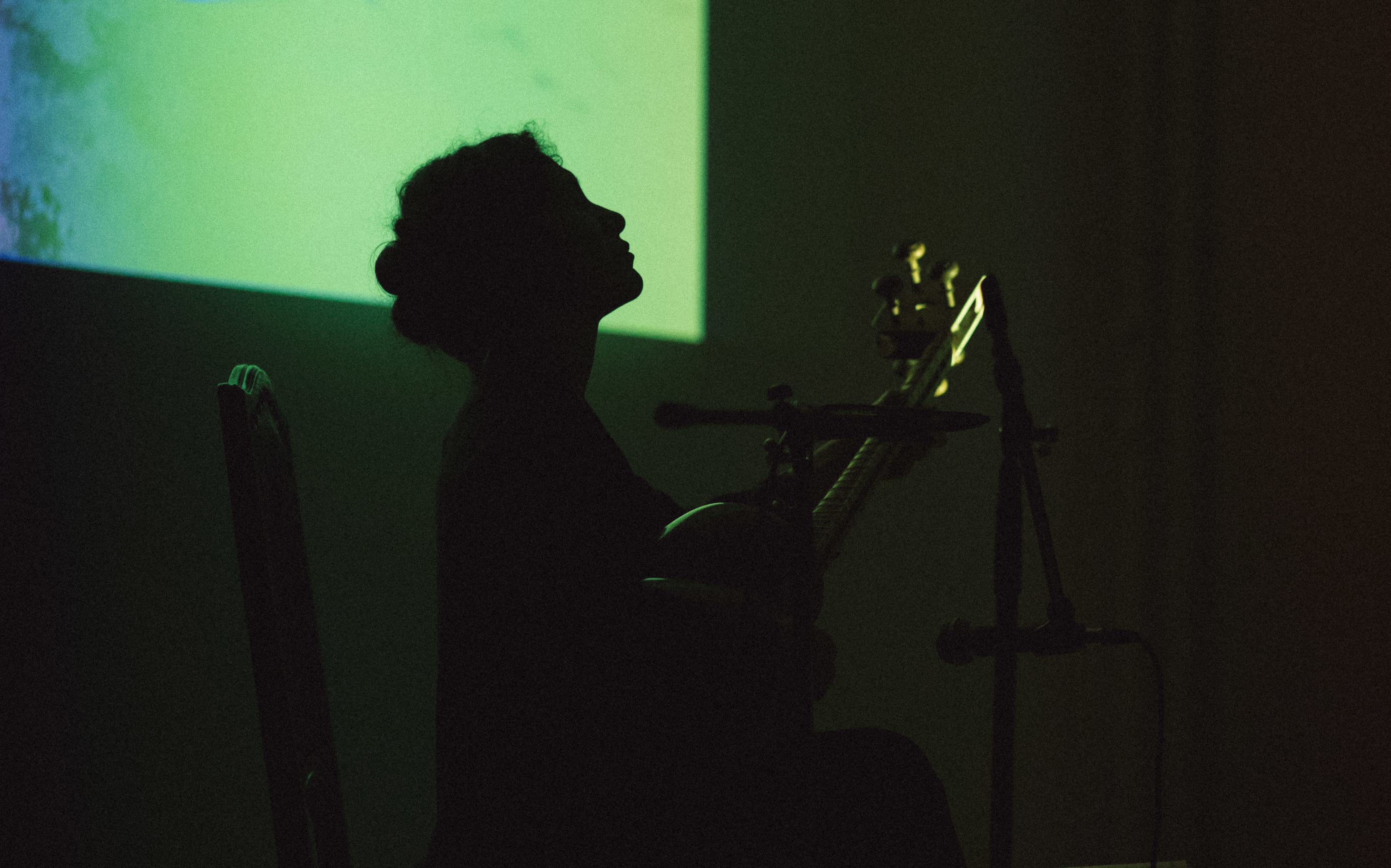
Elies Miniatures
Elies Miniatures is the name of a long-term collaborative project and a series of concept albums. The series, which began in 2018, merges music, visual arts, poetry, exhibition and biographical narration. At the heart of the undertaking is a poeticising remembrance of the life and work of the mystic, mathematician and poet El Arbi Bouqdib, who died in 2016.
Click on the image to start the video.
© Stefan Hähnel
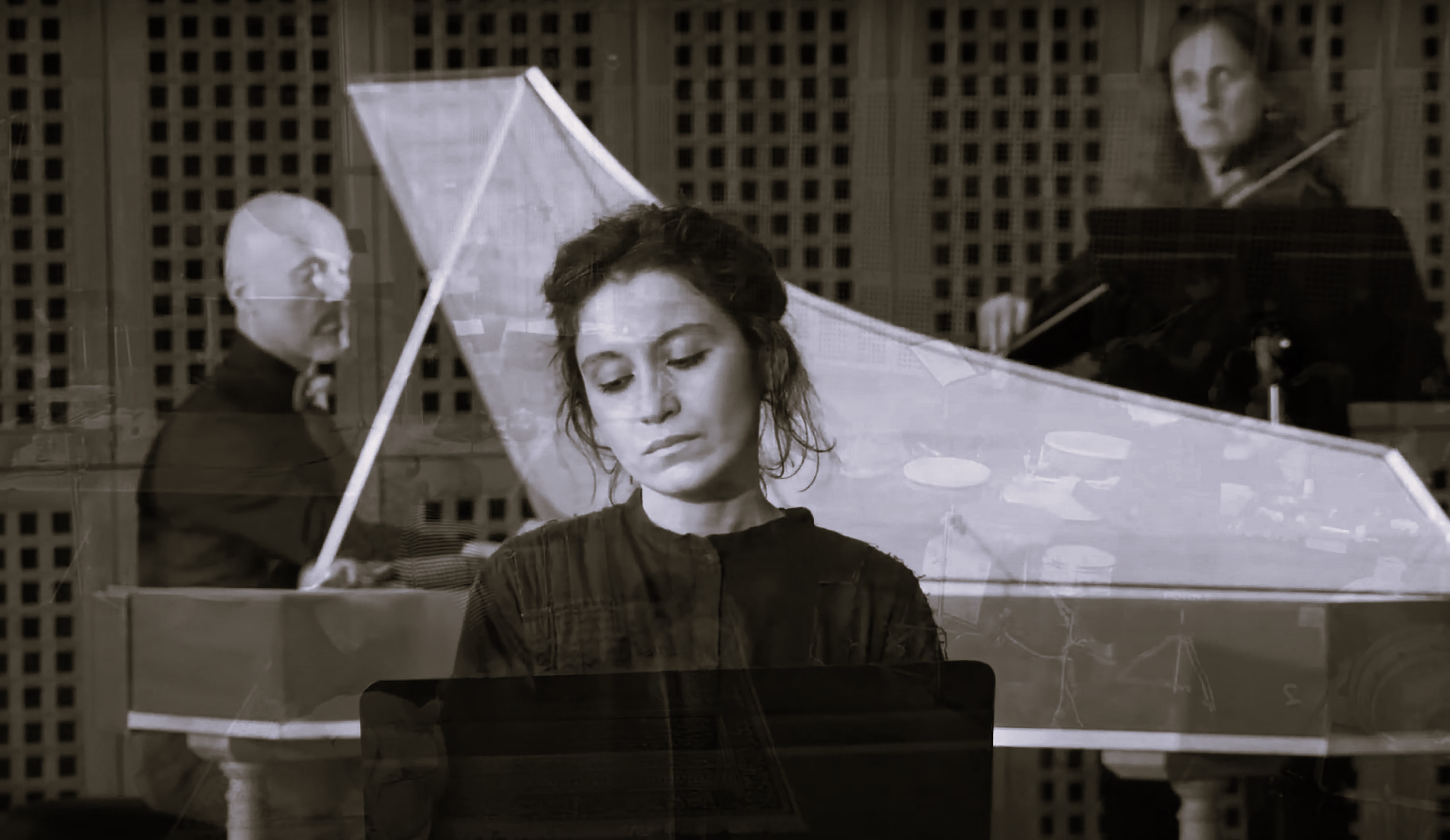
Building Bridges between East and West
For Western musicians, non-European art music, which can only be inadequately represented by notation, remains a book with many seals. Breaking this down and building a bridge from east to west is one of Ghasimi’s heartfelt concerns. As a mediator and didactician between Persian and European music culture, she searches for new spaces and concepts of communication. It may surprise you: Western instruments can play classical Persian music.
Click on the image to start the video.
© Folkert Uhde
Music for Cologne in Dastgāh-e Shur for the Kölner Philharmonie
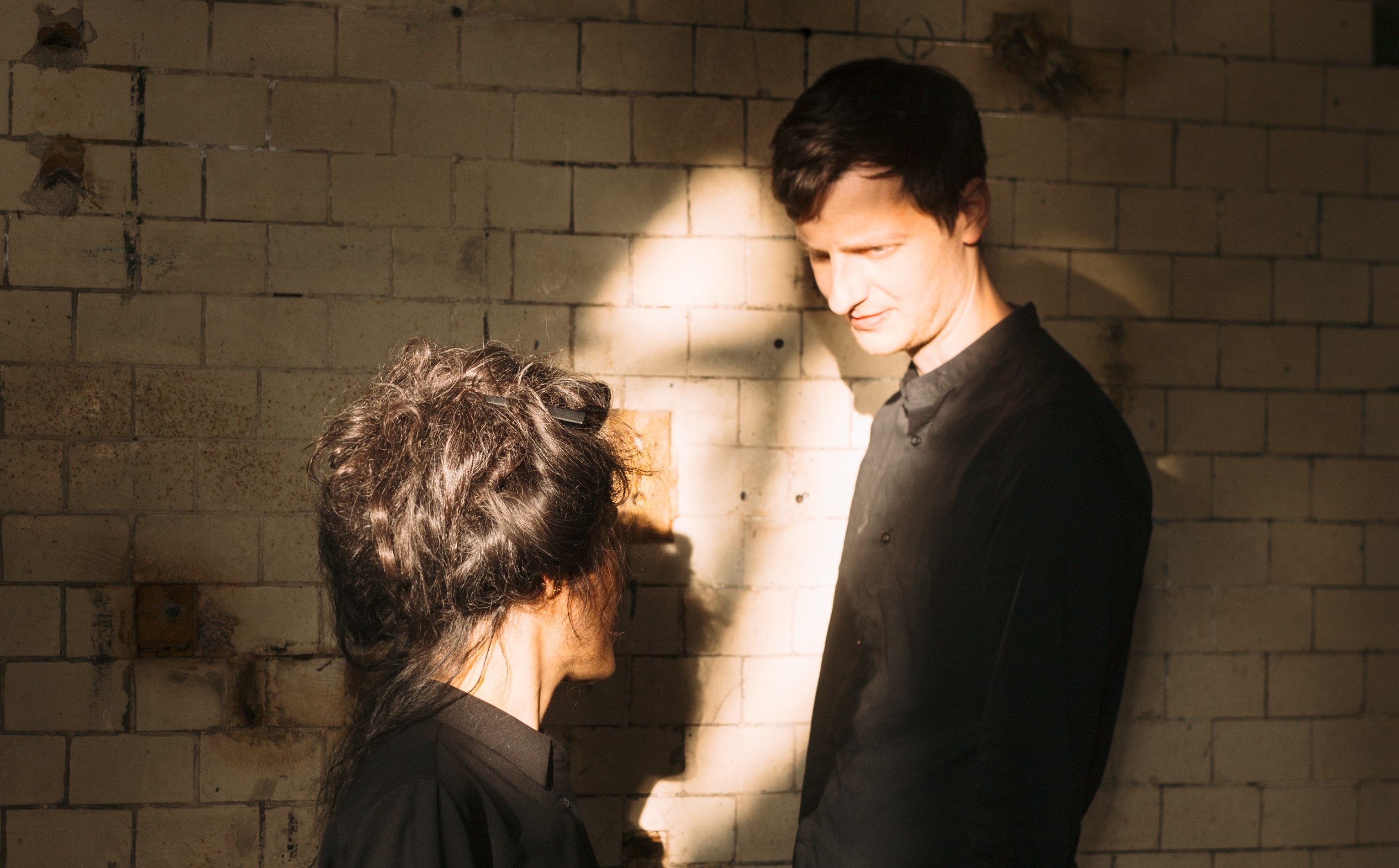
SHAHNAMEH (DUO Ghasimi & Püschel)
The Shahnameh (Book of Kings) is one of the most significant works of world literature, recounting the history and origin of the Persian-speaking world. The duo Elshan Ghasimi & Philipp Püschel brings this epic into the present, merging jazz, free improvisation on tar and trumpet, live electronics, and recitative vocals into a musical exchange that unites centuries and cultures.
Drawing on the Radif, the classical Persian art music repertoire, and inspired by the texts of Abū ʾl-Qāsim Ferdowsī (940–1020), the duo approaches Eastern traditions from a contemporary perspective, weaving them seamlessly with modern musical expressions.
© Madeleine Brunnmeier
© 2025 Elshan Ghasimi. All rights reserved.
Contact:
contact@elshanghasimi.com
Site-Info
Design & Realisation
Masoud Morgan

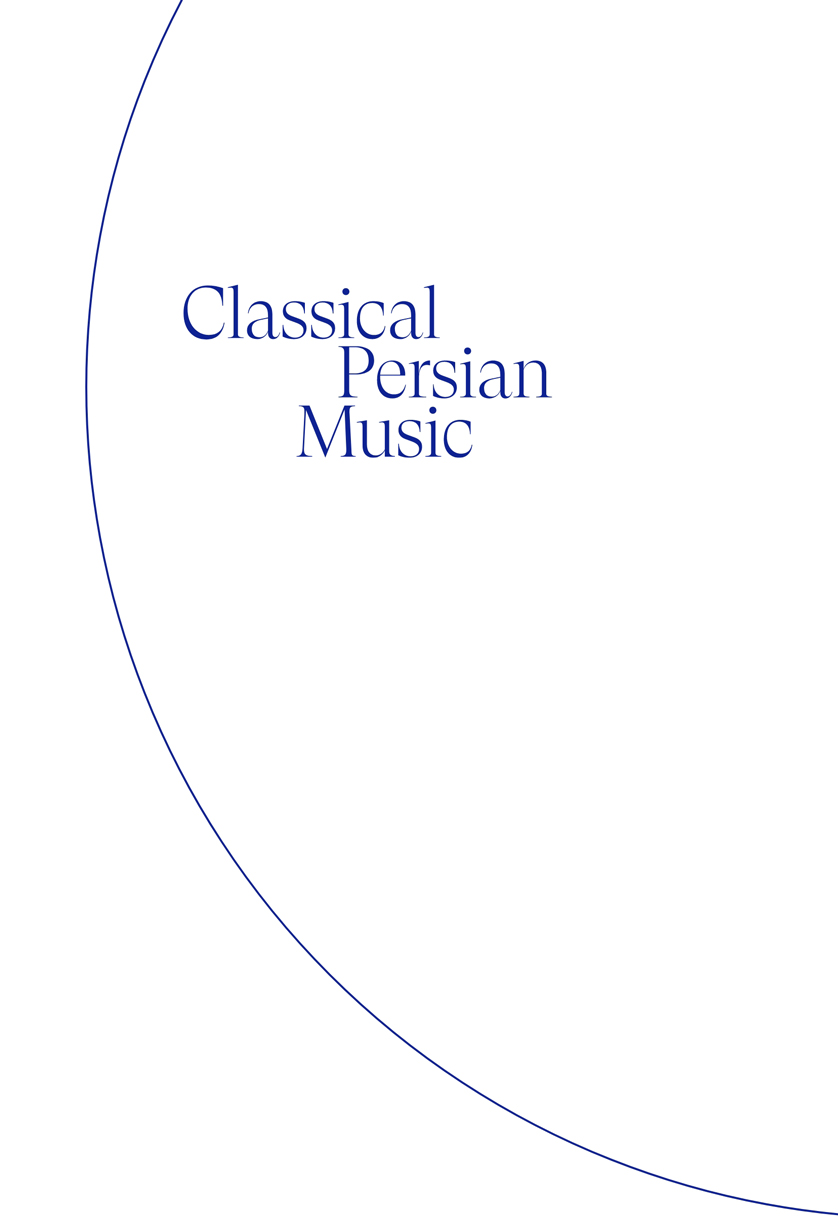

© Arnaud Ele
"In her playing [...] every phrase is invested with deep thought and grave authority" - Michael Church, Musics Lost and Found (2021)
Elshan Ghasimi (*1981 in Isfahan, Iran) a virtuoso of the Persian Tar and Setar (long-necked string instruments), an expert in classical Persian music, a composer, performance artist, and educator. Her work explores the intersections of tradition and modernity, East and West, music and other artistic disciplines. Language, music, physicality, and dramatic expression form as the foundation of her creative approach, which extends beyond music into the visual arts—exemplified in her project Elies Miniatures, an album, concert, and exhibition series that transforms inherited objects into musical experiences.
Ghasimi’s work is deeply rooted in the tradition and practice of Radif, the classical Persian music repertoire, which is transmitted through years of intensive study and internalization. She is the first musician in several decades—and the first female artist ever—to reinterpret this repertoire within a large-scale project.
Her musical education began at the age of nine under Majid Vasefi and Reza Vohdani, before continuing her studies at the Tehran Conservatory of Music with Fariborz Azizi. She further honed her craft under the guidance of esteemed masters Houshang Zarif and Hossein Alizadeh. At 17, she became the youngest member of the Iranian National Orchestra under the direction of Farhad Fakhreddini while continuing her studies at the Tehran University of Arts and Architecture. During this period, she expanded her expertise in Iranian philosophy, literature, poetry, Radif, improvisation, and Tar performance under the mentorship of Mohammad Reza Lotfi, Dariush Pirniakan, and Dariush Talai. Bilingual in Farsi and Azerbaijani, she further enriched her artistic perspective in Baku, where she studied the Caucasian Tar and Mugham, the classical music repertoire of Azerbaijan.
Since 2016, she has been based in Germany, where she continues to perform as a soloist, compose, and collaborate with renowned ensembles such as Concerto Köln. Her work bridges Persian musical heritage with diverse musical genres, including contemporary classical music, jazz, experimental music, and early music.

© Stark & Shakupa
The Reinterpretation of the Radīf
The Radīf (lit. "order, sequence") is the repertoire of classical Persian music. This collection of melodies, structured into twelve modular systems—the Dastgāhs and Avâz—has been orally transmitted for millennia.
The continuity and vitality of this tradition have always depended on its transmission from one generation to the next. However, since the first transcriptions into Western notation and the earliest sound recordings in the mid-20th century—a situation further exacerbated by the 1979 revolution—there has been no substantial renewal of the repertoire.
In the fall of 2022 (1401 in the Persian calendar), Iranian composer and virtuoso Elshan Ghasimi premiered the first chapter of her reinterpretation of the Radīf according to Mirza Abdollah, starting with the Dastgāh-e Shur, at the Bode Museum in Berlin. Since then, she has been sharing her reinterpretations with international audiences worldwide. She is the first female musician to undertake a systematic renewal of this classical tradition and UNESCO-listed Intangible Cultural Heritage.
Elies Miniatures
Elies Miniatures is the name of a long-term collaborative project and a series of concept albums. The series, which began in 2018, merges music, visual arts, poetry, exhibition and biographical narration. At the heart of the undertaking is a poeticising remembrance of the life and work of the mystic, mathematician and poet El Arbi Bouqdib, who died in 2016.
Music for Cologne in Dastgāh-e Shur for the Kölner Philharmonie
Building Bridges between East and West
For Western musicians, non-European art music, which can only be inadequately represented by notation, remains a book with many seals. Breaking this down and building a bridge from east to west is one of Ghasimi’s heartfelt concerns. As a mediator and didactician between Persian and European music culture, she searches for new spaces and concepts of communication. It may surprise you: Western instruments can play classical Persian music.

© Madeleine Brunnmeier
SHAHNAMEH (DUO Ghasimi & Püschel)
The Shahnameh (Book of Kings) is one of the most significant works of world literature, recounting the history and origin of the Persian-speaking world. The duo Elshan Ghasimi & Philipp Püschel brings this epic into the present, merging jazz, free improvisation on tar and trumpet, live electronics, and recitative vocals into a musical exchange that unites centuries and cultures.
Drawing on the Radif, the classical Persian art music repertoire, and inspired by the texts of Abū ʾl-Qāsim Ferdowsī (940–1020), the duo approaches Eastern traditions from a contemporary perspective, weaving them seamlessly with modern musical expressions.
© 2025 Elshan Ghasimi. All rights reserved.
Imprint
Privacy Policy
Site-Info
Design & Realisation
Masoud Morgan
Contact:
contact@elshanghasimi.com
